Case studies and presentationsLivestream
Time
Friday 24 February
10:35am
Location
Auditorium
Speaker
Sheree Cairney
Associate Professor
Centre for Remote Health, Flinders University & Cooperative Research Centre for Remote Economic Participation
Abstract
Recreational substance use is relatively new to Aboriginal communities, having been introduced largely since colonization. While emerging knowledge particularly in the field of neuroscience has been critical in understanding and addressing substance abuse issues more widely, this body of knowledge is generally inaccessible to Aboriginal people whose worldviews and knowledge systems differ vastly from the mainstream.
‘Brain stories’ is a concept of developing tools to communicate the neuroscience of brain and behavior for Aboriginal people. Taking an empirical approach to knowledge translation across cultures, Brain Stories aims to tackle substance abuse and mental health problems by empowering Aboriginal people with knowledge to drive their own solutions (www.menzies.edu.au/brainstories).
Working in collaboration with Aboriginal groups, visual images and clearly translatable English are used to communicate neuroscientific concepts to Aboriginal people through hardcopy flipcharts and animation films. Topics covered include petrol sniffing, alcohol, cannabis, tobacco and mental health. These tools are combined with user driven interactive technology, Apps and tailored support programs for teachers and health workers to tackle smoking amongst Aboriginal youth in the national No Smokes multimedia platform (www.nosmokes.com.au).
Animation film was used as a tool to extend the reach of messages to different language groups by creating multiple versions of content, with voice-overs in different Aboriginal languages. For example, one animation shows how addiction works in the brain and provides versions in English, Pitjantjatjarra, Warlpiri and Arrente languages (nosmokes.com.au/quitting/addiction).
While these problems are typically accompanied by stigma and misunderstanding, focusing on the underlying neuroscience provides an approach that is tangible, non-judgemental and practical. These tools can assist those affected to develop or engage in appropriate management and treatment programs. They also arm service providers with appropriate tools to use in education, research, rehabilitation, management and clinical treatment programs. All tools have been developed and validated through participatory action approaches with input from Aboriginal people in relevant and diverse settings.







Leave a Reply